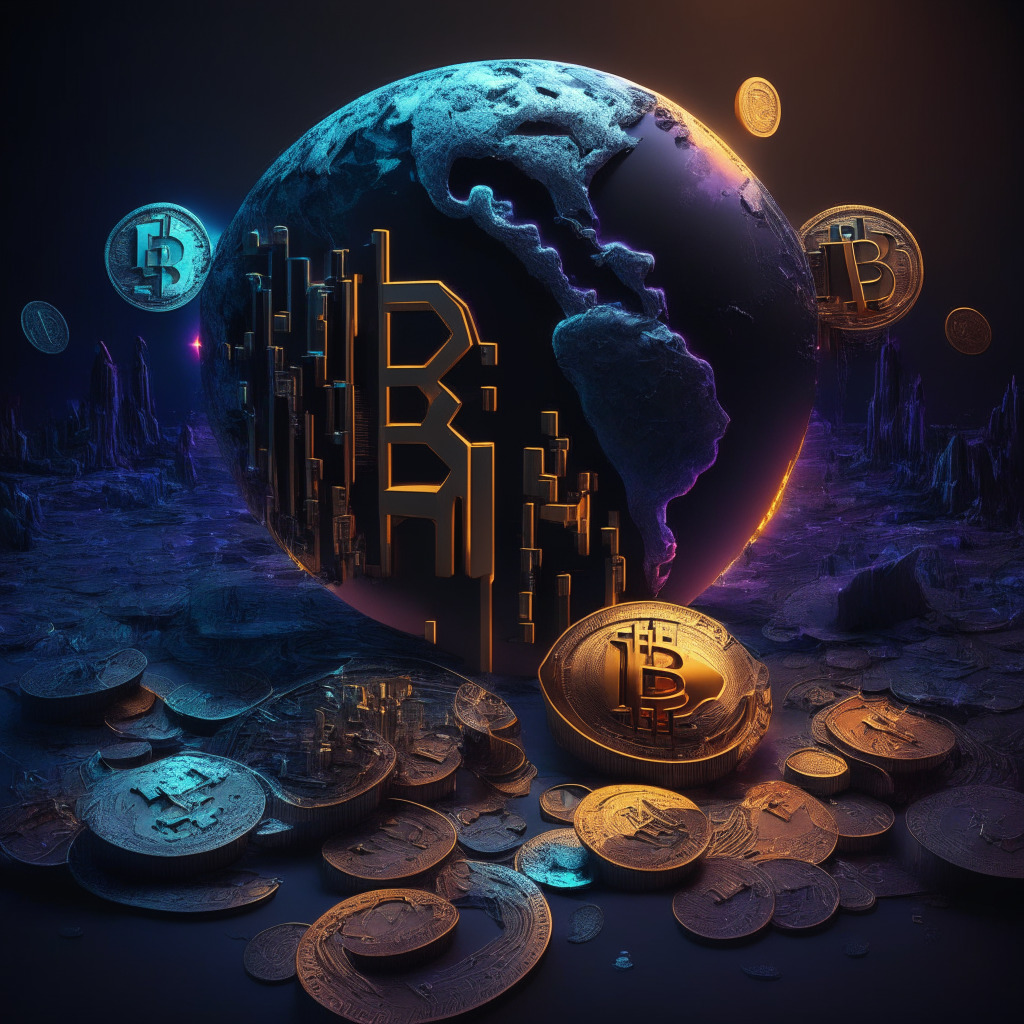In recent updates on global cryptocurrency adoption, in a seemingly skeptical response to lackluster uptake reports, a Worldcoin co-founder Sam Altman shared a video of an expansive queue of people in Japan, supposedly lining up to trade their iris scans for free Worldcoin tokens. This presumably shows a burgeoning interest in the currency.
Altman shared, in celebration, that they were verifying a new person about every eight seconds. The line of people was there to use the Worldcoin Orb. The Orb is a biometric verification device that collects identification data in exchange for Worldcoin tokens, a bold plan attempting mass adoption through physical outlets globally.
Yet, not all reactions to this approach are fascinated with optimism. Some entrepreneurs, including Twitter co-founder Jack Dorsey and Ethereum co-founder Vitalik Buterin, have conjectured that such a system might undermine the decentralized, private, and accessible tenets upon which the cryptocurrency apparatus rests. So, while Japanese interest in Worldcoin got boosted, Hong Kong physical outlets only got a reported 200 initial sign-ups across three Orbs. This disparity highlights the uneven response to Worldcoin’s unique adoption strategy.
Additionally, potential conflicts might arise from data regulators in the United Kingdom. The Information Commissioner’s Office (ICO) has expressed concerns about privacy and sensitive biometric data security, although they have not definitively confirmed whether they are investigating Worldcoin.
In summary, Worldcoin’s strategy of crowd-biometric data collection in return for free tokens is receiving a mixed reaction. While it seems to be a leap toward crypto adoption, it also fuels conversations on privacy and data safety, those being the fundamentals of blockchain technology. It also reveals a split in crypto enthusiasm worldwide, evident from the varied interest from Japan and Hong Kong. The division in opinions and uptake could form a significant dialogue about the future of crypto-identity verification and global adoption.
Source: Cointelegraph




